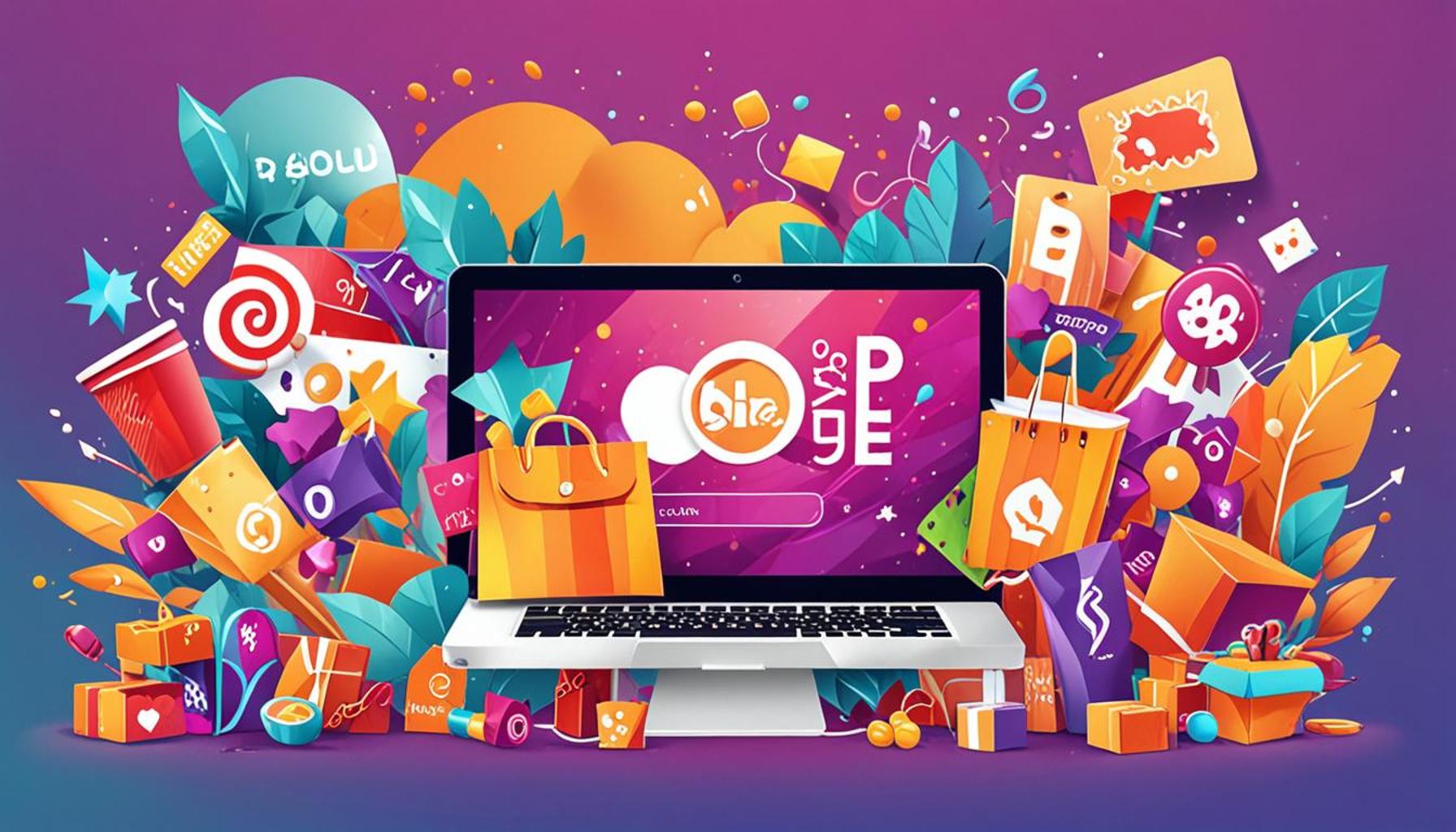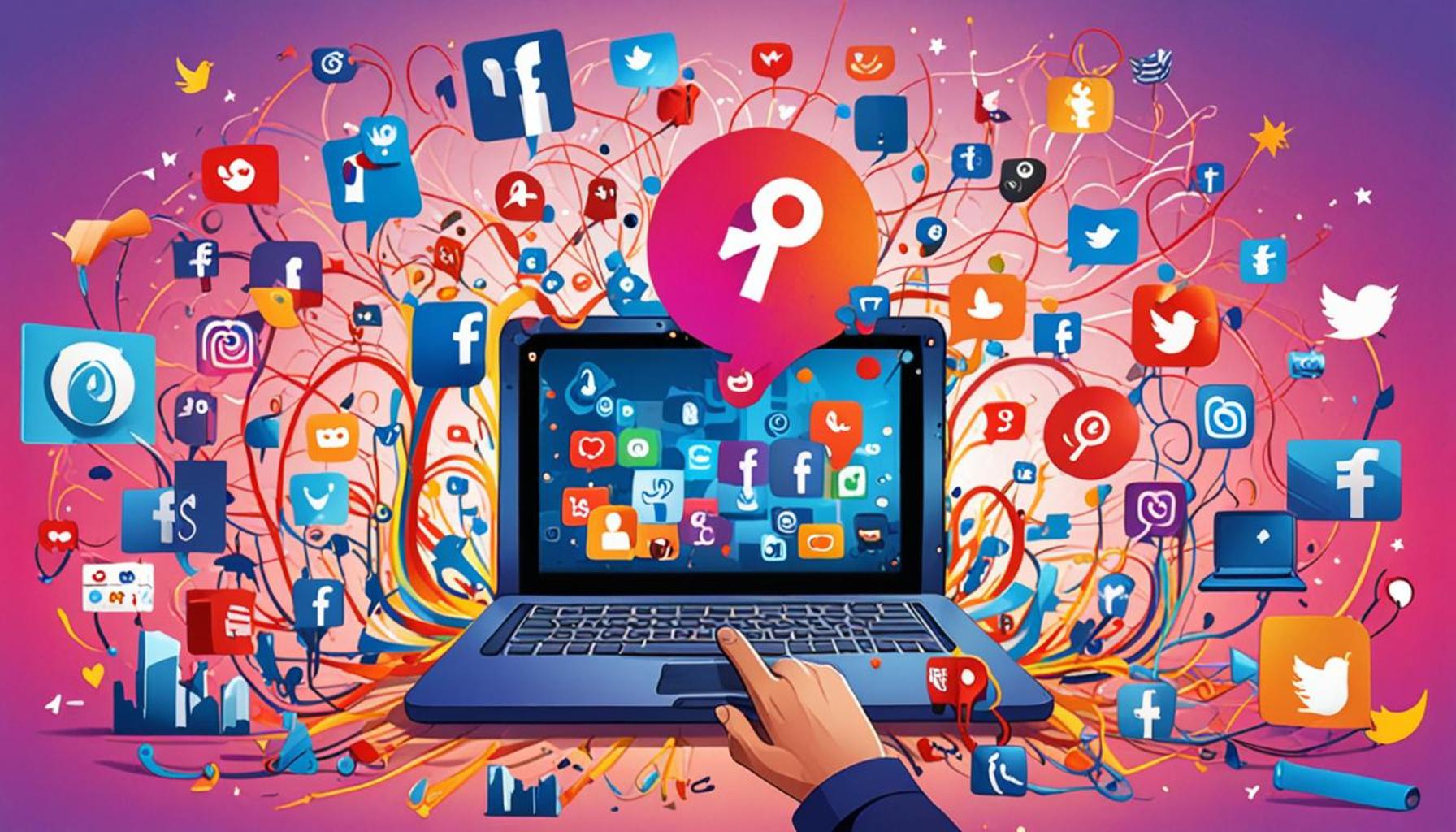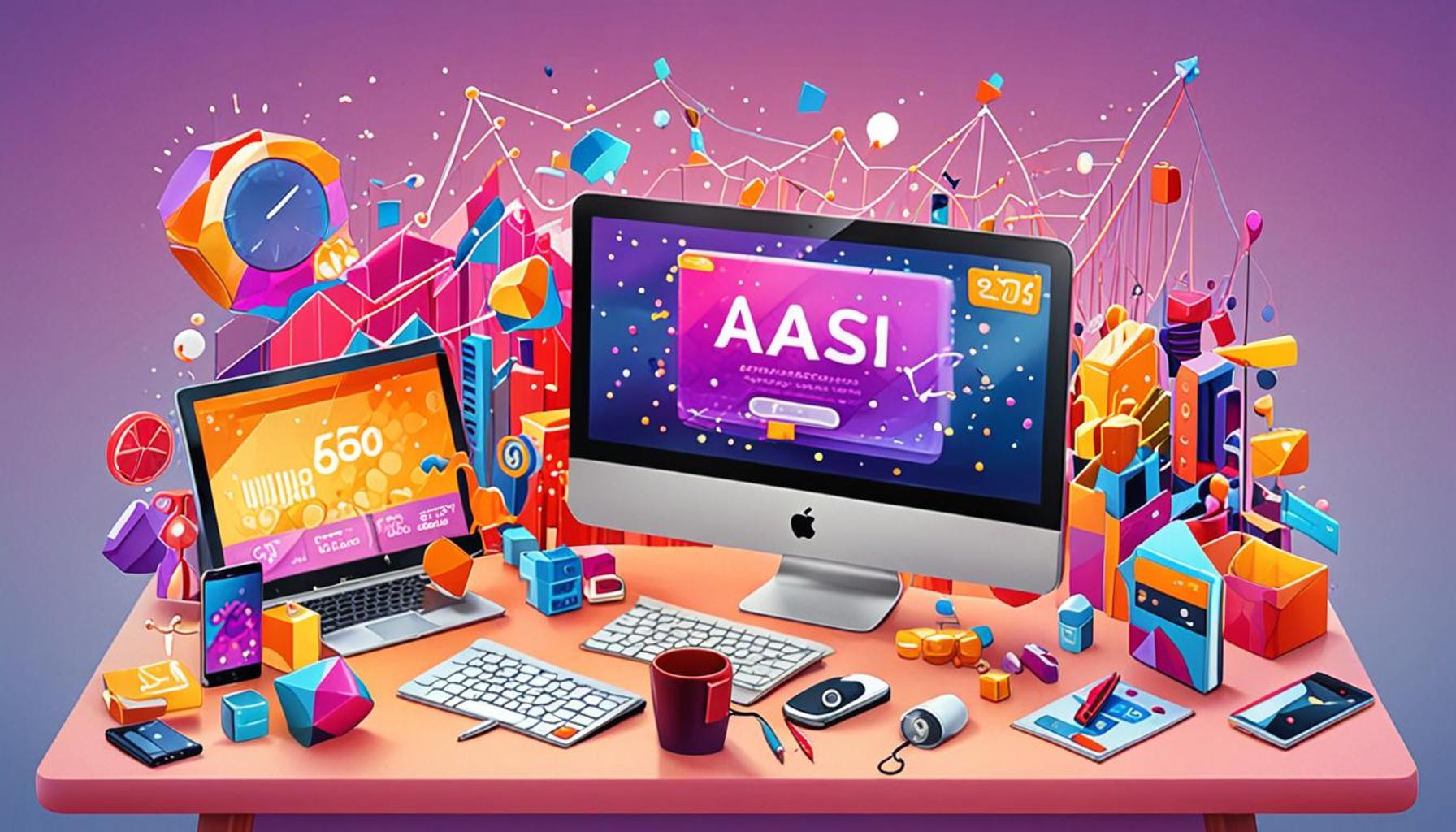The Role of Promotion Policies in Customer Loyalty on Digital Platforms

The Vital Role of Promotion Policies in the Digital Marketplace
In today’s fast-paced digital landscape, promotion policies play a pivotal role in shaping customer relationships. Businesses are continually seeking innovative measures to enhance customer loyalty through effective strategies tailored for online platforms. With competition at an all-time high, brands must navigate a complex web of consumer expectations and technological advancements to ensure they remain relevant and appealing.
Consider the following key aspects of promotion policies that are shaping the way businesses interact with their customers:
- Discount offers: These include limited-time reductions on selected products or services, designed to entice users. For example, during Black Friday or Cyber Monday, retailers often provide dramatic discounts that can lead to significant spikes in sales. A study by the National Retail Federation found that nearly 60% of shoppers plan to take advantage of discounts offered during these periods, emphasizing how critical strategic discounting can be to overall business performance.
- Loyalty programs: Reward systems are vital for keeping customers engaged. For instance, Starbucks’ loyalty program allows members to earn stars with every purchase, which can be redeemed for free items or exclusive offers. This not only encourages repeat visits but also fosters a sense of belonging among customers, making them feel valued and appreciated.
- Seasonal promotions: Time-sensitive deals, like Valentine’s Day specials or back-to-school sales, can create a sense of urgency that drives consumer behavior. A well-timed marketing push during these peak seasons can significantly increase conversion rates as new users flock to take advantage of limited-time offers.
Effective promotion policies not only drive sales but also foster a deeper connection with customers. A positive experience, be it through substantial savings or engaging loyalty rewards, can turn a one-time buyer into a lifelong advocate. Offering personalized promotions based on browsing history or purchase patterns can enhance the customer experience, making individuals feel understood and appreciated.
As digital marketplaces become increasingly competitive, understanding the intricate relationship between promotion policies and customer retention is crucial. Companies that master this connection are more likely to thrive in the evolving market landscape. For instance, a consumer study indicated that over 70% of participants prefer businesses that recognize their loyalty with personalized promotions, highlighting the growing importance of tailored marketing strategies.
This article uncovers the nuances of how promotion policies influence customer loyalty on digital platforms, offering insights that inform strategic decisions tailored for this dynamic environment. By investing in effective promotion policies, businesses not only enhance their sales potential but also cultivate lasting relationships with customers, steering them toward sustained success in a competitive digital age.
RECOMMENDED: Check out this similar article
Understanding the Mechanics of Promotion Policies
The effectiveness of promotion policies on digital platforms lies not just in the offers themselves but in how these strategies are designed and executed. As businesses aim to foster customer loyalty, it becomes paramount to consider how different promotion tactics can resonate with consumers. Promotions can serve various purposes, from attracting new customers to re-engaging previous ones, and a well-crafted strategy can significantly influence purchasing behavior.
One of the foremost elements that businesses must consider when developing their promotion policies is the smartphone revolution. With the vast majority of consumers shopping on their devices, brands have a unique opportunity to leverage technology to enhance engagement. Digital promotions can be tailored to individual shopping experiences through targeted advertising, notifications, and personalized offers based on past purchasing habits.
Additionally, understanding the psychology behind consumer responses to promotions is crucial. Many customers are motivated by the fear of missing out (FOMO), and this serves as a powerful tool in crafting promotion policies. Businesses that create a sense of urgency—whether through countdown timers on sales or messages that ensure customers their favorite items are in limited supply—can drive impulse purchases. Here are some significant factors influencing promotion effectiveness:
- Perceived Value: Customers are more likely to respond positively when they perceive that they are getting exceptional value. This could range from discounts, free shipping, to exclusive access to new products. Demonstrating tangible benefits can effectively enhance customer loyalty.
- Accessibility: Easy access to promotions, whether through mobile apps or websites, greatly enhances the customer experience. A seamless process whereby customers can claim offers without glitches fosters goodwill and continued patronage.
- Consistency: Regularly updated promotions indicate that a brand is active and engaged with its customer base. Consistency in offers can lead to habitual checking by customers, thereby increasing engagement and loyalty.
Moreover, data analytics plays an integral role in shaping effective promotion policies. Through analyzing purchasing patterns and customer feedback, companies can fine-tune their promotional strategies to better meet the needs of their target audience. The ability to track and measure the effectiveness of various campaigns allows businesses to pivot and adjust quickly, ensuring they are always on the cutting edge of consumer preferences.
As companies delve deeper into the intricacies of customer loyalty through promotion policies, they must remain agile and adaptive to market trends. In an environment where consumer attention is fleeting, those that utilize well-researched promotion strategies to cultivate loyalty will not only retain existing customers but will also attract new ones in the ever-evolving digital marketplace.
| Promotion Policies | Impact on Customer Loyalty |
|---|---|
| Targeted Discounts | Encourages frequent purchases by catering to individual preferences. |
| Loyalty Programs | Strengthens brand attachment through rewards and recognition. |
| Promotional Content | Increases engagement by providing valuable information and offers. |
| Referral Bonuses | Entices consumers to spread the word, enhancing brand visibility. |
Promotion policies play a crucial role in shaping customer loyalty on digital platforms. By leveraging targeted discounts, businesses can tailor offers that resonate with individual consumer behavior, thus motivating repeat purchases. Loyalty programs, for instance, not only reward repeat customers but also forge a deeper emotional connection with the brand, making customers feel valued and appreciated.Additionally, the effectiveness of promotional content cannot be understated. Informative and engaging content increases customer interaction and promotes a sense of community around the brand. It creates an informed customer base that feels confident in making purchases.Finally, referral bonuses offer users a compelling reason to advocate for the brand within their social circles, ultimately enhancing brand visibility and fostering trust among potential new customers. Together, these diverse promotion strategies significantly contribute to building a loyal customer base on digital platforms.
RECOMMENDED: Check out this similar article
Designing Promotions That Foster Engagement and Loyalty
As we dissect the role of promotion policies in enhancing customer loyalty on digital platforms, it is critical to focus not only on the types of promotions but also on their design and implementation. Engaging customers requires a multi-faceted approach that blends creativity, psychology, and data analytics. For instance, interactive promotions, such as gamified experiences or social media challenges, not only entice participation but also create memorable brand interactions that can fortify loyalty.
Moreover, the trend towards personalization cannot be overlooked. Modern consumers increasingly expect personalized marketing communications tailored to their preferences. Using data-driven insights, brands can create highly relevant promotions aimed at specific demographic segments or user behaviors. For example, e-commerce giants like Amazon are known for their personalized suggestions for deals based on a user’s previous purchases. Such targeted promotions foster a stronger emotional connection with the customer, ultimately driving repeat business and loyalty.
It’s also essential to integrate loyalty programs with promotional offerings. Rewards for repeat purchases or exclusive deals for loyal customers not only incentivize ongoing patronage but also enhance the perceived value of the shopping experience. For instance, Sephora’s Beauty Insider program effectively mirrors this model, where members earn points for every purchase, subsequently redeemable for discounts or exclusive products. Such methods create a dual incentive: not only does the customer gain a discount, but they also feel valued as a part of a community.
Additionally, the timing of promotional offers can significantly impact their effectiveness. Research shows that consumers respond well to promotions that coincide with specific life events, seasons, or holidays. Companies that strategically roll out promotions during high-engagement periods, such as back-to-school season or the holiday shopping spree, often see marked increases in sales. Understanding your audience’s shopping timeline can facilitate tailored promotional efforts that capitalize on these peak moments, further reinforcing loyalty.
- Building Trust: Transparency in promotion policies is vital. When customers understand the terms and conditions of their promotions, along with the value they’re getting, it builds trust in the brand. Brands like Target consistently showcase clarity in their promotional offers, ensuring customers feel secure in their purchasing decisions.
- Social Proof: Leverage customer testimonials and reviews as part of your promotional strategy. Social proof can significantly sway potential buyers, enhancing the perceived value of promotions by showcasing previous positive experiences of other customers.
- Cross-Channel Integration: A coherent approach that integrates various marketing channels—such as social media, email, and on-site promotions—can create a seamless customer journey. By ensuring that promotions are synchronized across all platforms, businesses can maximize their reach and effectiveness.
Lastly, it is crucial to evaluate and adapt promotion policies based on ongoing analysis and evolving consumer behavior. Conducting A/B testing on various promotional tactics can yield invaluable insights into what resonates best with a target audience. By continuously refining strategies based on real-time feedback and performance metrics, brands can maintain a competitive edge and sustain customer loyalty in an ever-changing digital landscape.
ADDITIONAL INSIGHTS: Expand your understanding here
Conclusion
In summary, the role of promotion policies in cultivating customer loyalty on digital platforms is foundational to sustaining long-term business success. Brands must embrace a comprehensive and innovative approach to promotional strategies that not only attract customers but also nurture lasting relationships. By integrating personalization, gamification, and timely promotions, businesses can effectively engage their audience and foster emotional connections that translate into loyalty.
Moreover, enhancing customer trust through clear and transparent promotion policies is paramount. As highlighted, methods such as leveraging social proof and maintaining cross-channel consistency can create more robust interactions that encourage recurring patronage. As consumers become increasingly savvy and discerning, the need for companies to adapt and expand their promotional efforts in alignment with consumer behavior cannot be overstated. Regular assessments and data-driven adaptations of promotion strategies will ensure relevance in a rapidly evolving digital landscape.
Ultimately, engaging customers through clever promotional techniques not only enhances their experience but also builds a community around your brand. As businesses continue to navigate the complexities of digital interaction, the dexterity in blending these promotion policies will be essential in nurturing customer loyalty, thus paving the way for sustained growth and profitability. Companies equipped with these insights will undoubtedly have a significant advantage in the competitive marketplace. The real challenge lies in maintaining this momentum and continuing to foster loyalty as new digital trends emerge.



